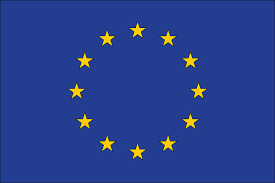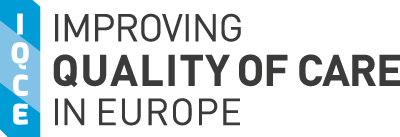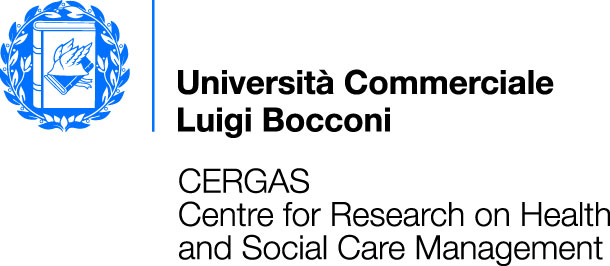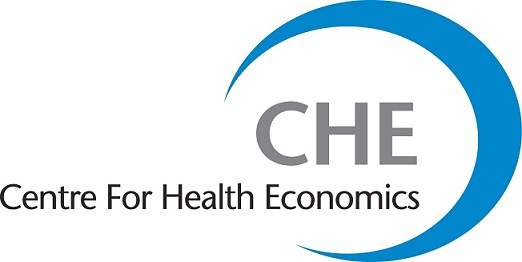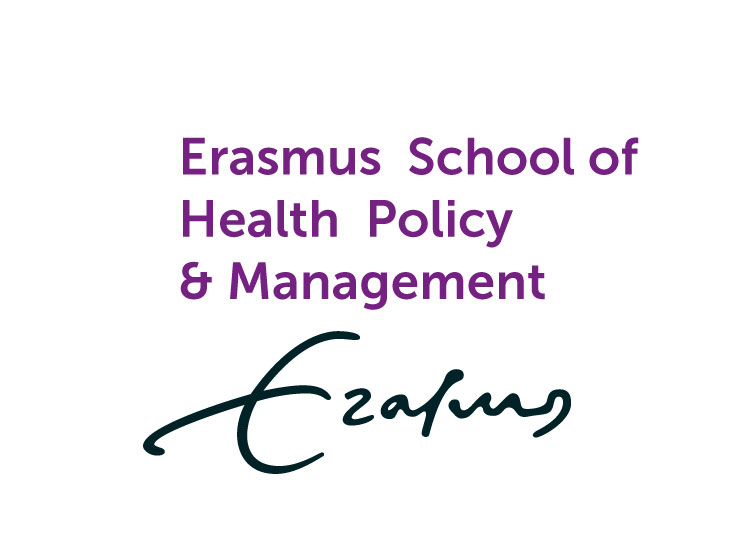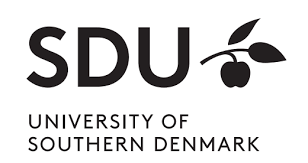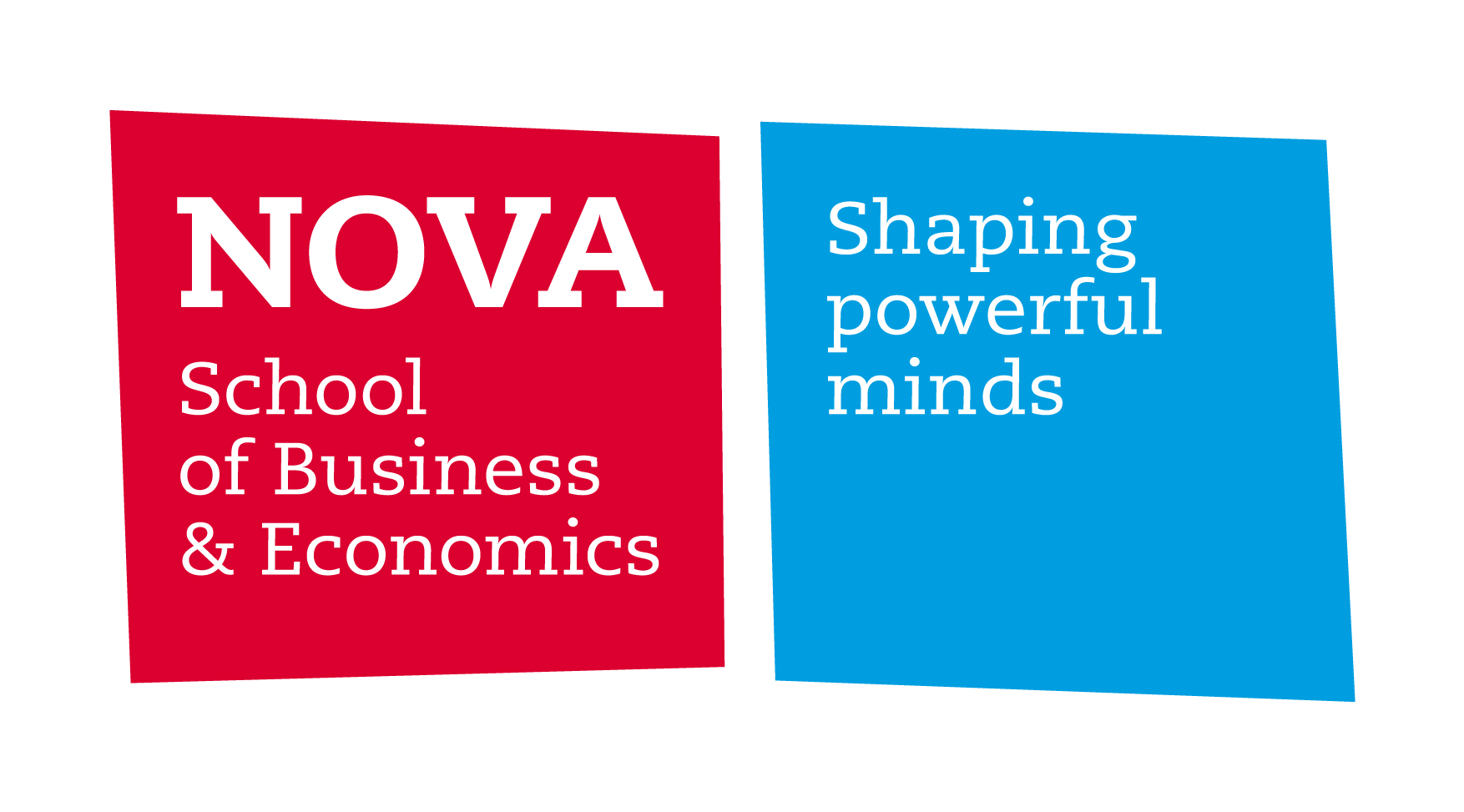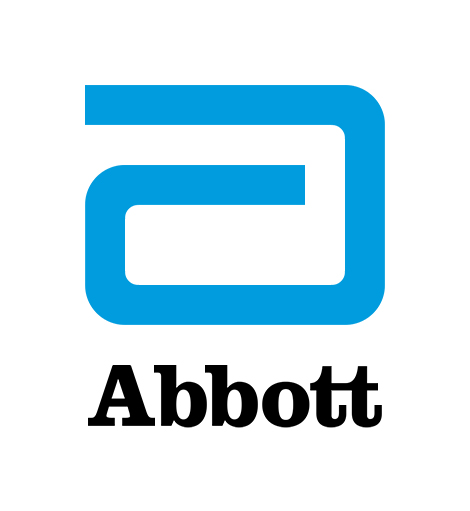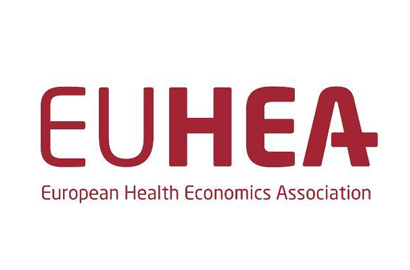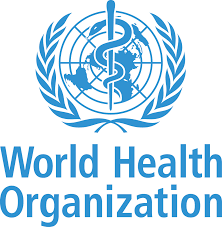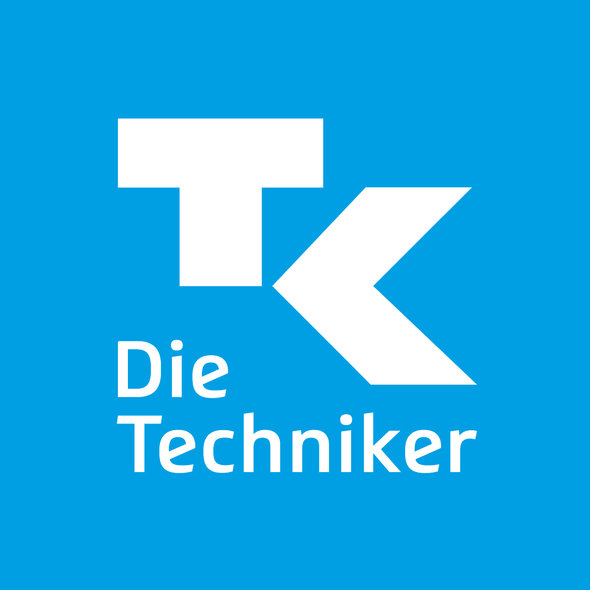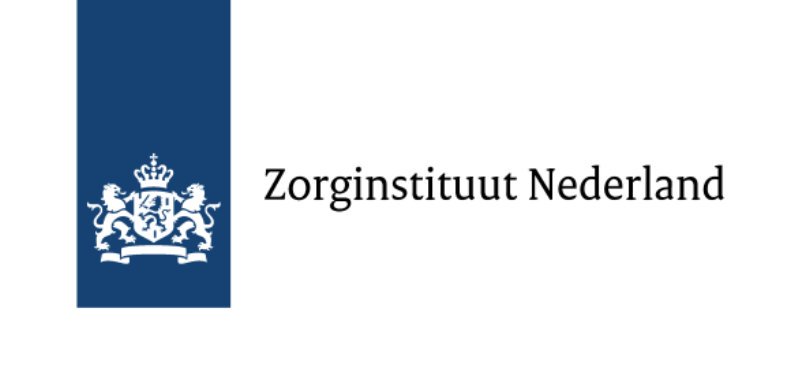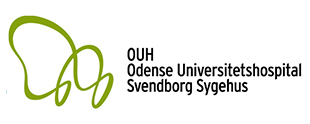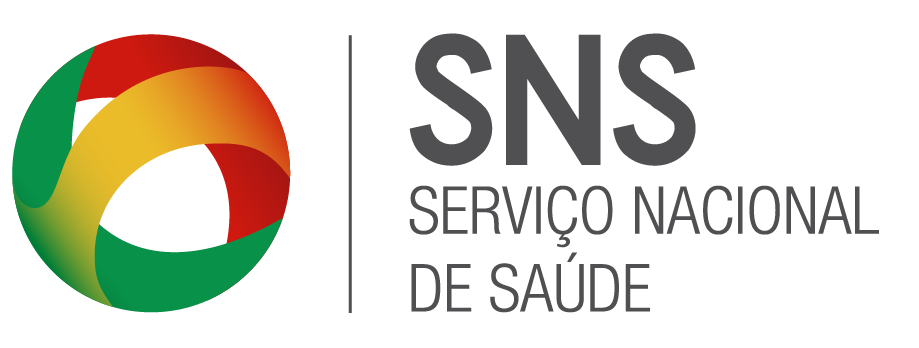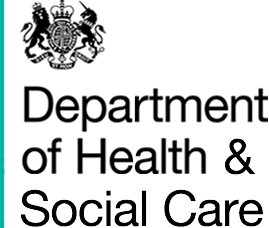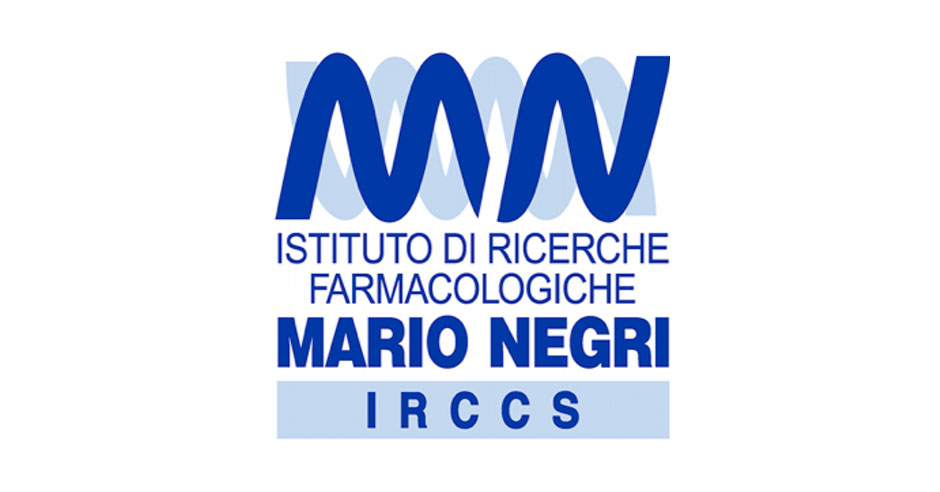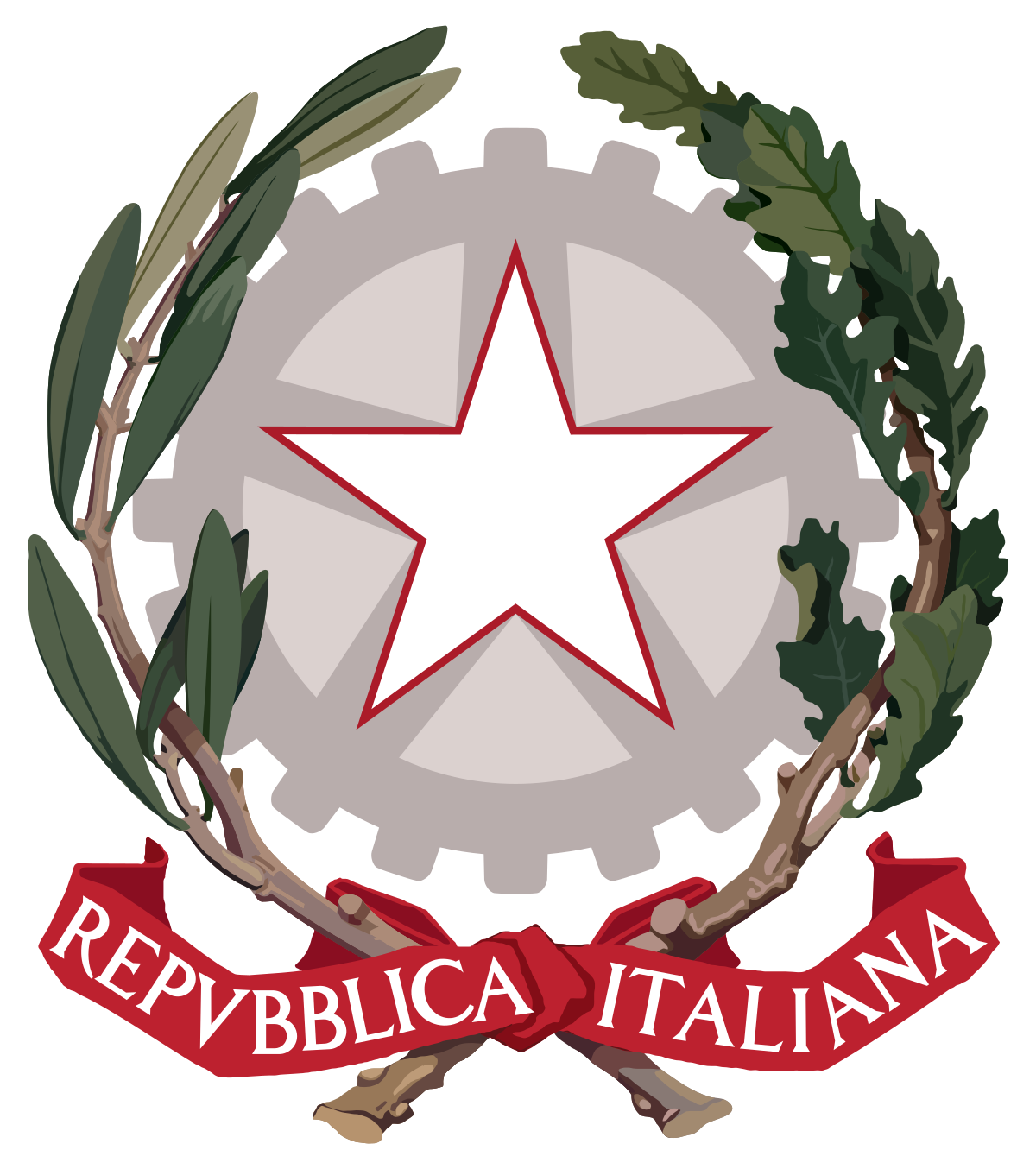People
FELLOWS
- 15 IQCE fellows started their research projects in autumn 2017. In the next three years they will undertake an interdisciplinary training program provided by the European partner universities.
SCIENTIFIC CO-ORDINATION COMMITTEE
- On the central level, managing decisions for the IQCE are made by the Scientific Co-ordination Committee. The Scientific Co-ordination Committee consists of the lead supervisors and is headed by the IQCE Scientific Directors Prof. Jonas Schreyögg and Prof. Tom Stargardt from the HCHE.
NETWORK MANAGEMENT
- Network management is conducted by the HCHE in Hamburg. IQCE managing director Elena Phillips with her team operating at the central level overlooks and co-ordinates all programme activities.
ACADEMIC PARTNERS
The programme is conducted by academic partners who belong to the largest and most prestigious health economic
University of Hamburg, Hamburg Center for Health Economics (HCHE) (coordinator)- Bocconi University, Centre for Research on Health and Social Care Management (CERGAS)
- Erasmus University Rotterdam, Erasmus School of Health Policy & Management (
ESHPM ) - Universidade Nova de Lisboa, Nova School of Business and Economics (NOVA SBE)
University of Southern Denmark, Danish Centre for Health Economics (DaCHE)University of York, Centre for Health Economics York (CHE)
The multinational health care company Abbott plays a special role as the industrial partner in the consortium. All partners have been selected according to their strong complementary strengths in research and training.
NON-ACADEMIC PARTNERS
Non-academic partner
- Department of Health England
- European Health Economics Association
- German Association of University Hospitals
- National Health Care Institute
- National Health Service Italy
- National Health Service Portugal
- Techniker Krankenkasse
- The Danish Association of Regions
- Odense University Hospital
- Valenti Centre for Health Economics
- World Health Organization
This project has received funding from the European Union’s Horizon 2020 research and innovation programme under the Marie Skłodowska-Curie grant agreement No 721402.
